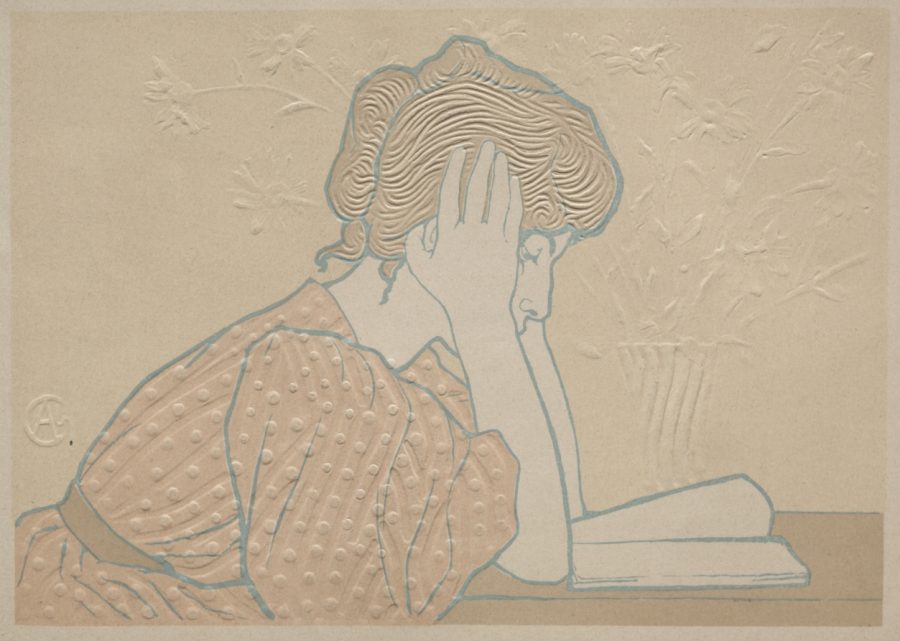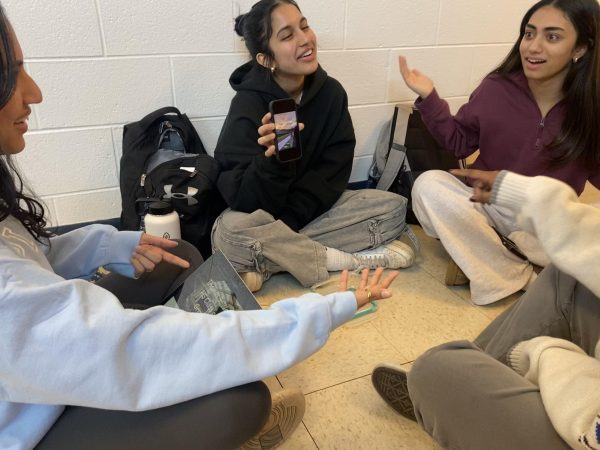Sarah-ious discussions: Rereading
Photo used with permission from Google Commons
We should focus on rereading the books we’ve already read instead of rushing to finish new ones.
I think after every book I read, a new door opens in my mind. The room is filled with the emotions that arrived with the book. The laughs, the tears, the head nods, the head shakes.
I’ve stored meaningful quotes and life-changing chapters, heartbreaking scenes, and powerful characters; it’s all there. Words I don’t know the meaning of stick out, circled in pencil, sometimes highlighted in bright yellow. But once I stopped reading, once the door closed, I never opened it again. I didn’t re-read the book. And everything behind the door remained hidden.
Perhaps it was fear that was preventing me from rereading books. Maybe I was scared to notice something new. I thought that the rush of emotions would’ve been overwhelming; I thought that the door would’ve been too difficult to shut once opened.
I was wrong. It was the rekindling of an old friendship, a sniff of an old fragrance; I was revisiting an old house. I flipped to the first page, and suddenly it was all too beautiful.
Characters emerged as I entered the room, waving at me, and as I flipped through the pages, I cried with them again, I laughed at their jokes again, I rolled my eyes at them again. I let go of judgments I had made about them years ago. It was a split-screen of me during my first time reading the book and an older me rereading.
My fingers traced the shapes of the pencil marks I had made and unfolded the corners of the pages that were left folded; the coffee stains reminded me of the late nights I spent reading; the notes I had made on each page made me laugh; “so childish,” I moaned every time I see a smiley face near a good quote; the book was a map of the past.
Research says that rereading births connections between ourselves and the book; it allows us to appreciate the writer’s ideas while uncomfortably re-examining our own.
And Anne Fadiman concurs: “Rereading forces you to spend time, at claustrophobically close range, with your earnest, anxious, pretentious, embarrassing former self, a person you thought you had left behind but who turns out to have been living inside you all along.”
I know that I often rush through the pages of a story without noticing the intricate details woven between the lines. I know that sometimes I read books because there is a burning need to be understood in some part of me, and I’ve realized that flipping through the pages a second time helps me find commonalities between me and the characters. I read a third time with anticipation of the unfolding plot. I close my eyes in annoyance and say, “Oh no, here comes that part,” or “uhhhh, WHY did he have to that again?”
Rereading is re-discovering and re-imagining; it’s reforming and recognizing.
Here’s Johnny Rich: “To reread a book is to read a different book. The reader is different. The meaning is different.”
Your donation will support the student journalists of Thomas S. Wootton High School. Your contribution will allow us to purchase equipment and cover our annual website hosting costs.
Sarah Firdaus is a 2021 graduate.









![Junior Grace Song rewatches the trailer for Anora. Promoted as "A Love Story from Sean Baker," it is the eighth feature film under Baker's belt starring Mikey Madison in the titular role. "[Anora] accurately represents women overseen and easily taken advantage of. It emotionally enticed me. The ending is so good," Song said.](https://woottoncommonsense.com/wp-content/uploads/2024/11/Rc5RQTdjtUFtyT7IyQe1rSxkpOTc6NoksY8jtoop-e1732201365565-600x450.jpg)